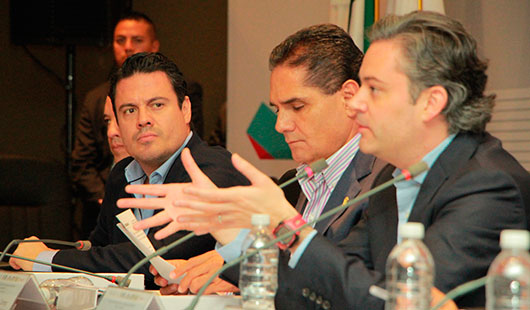Vietnan/Febrero de 2017/Fuente: Vietnan.net
RESUMEN: Después de más de tres años visitando y viviendo en Vietnam, he descubierto que Vietnam realmente aprecia la educación y tiene una larga tradición de excelencia educativa. A principios del siglo XI, bajo la dinastía Ly, Vietnam ya había establecido el Templo de la Literatura, considerado la primera universidad del país, con serios exámenes de búsqueda de talento. Esta larga tradición ha creado una sólida base para el desarrollo educativo de Vietnam moderno. En los últimos años, junto con el fuerte desarrollo de la economía vietnamita y la tecnología, la educación ha hecho progresos significativos. Además de las reformas económicas y políticas a nivel nacional, hay cambios positivos en casi todas las instituciones educativas, familias y estudiantes. Específicamente, es evidente que el punto de vista de la educación ha cambiado, desde la enseñanza orientada hacia el logro, hasta proporcionar a la generación joven una base diversa de conocimientos, habilidades y valores.
After more than three years visiting and living in Vietnam, I have found out that Vietnam truly appreciates education and has a long tradition of educational excellence.
In the early 11th century, under the Ly dynasty, Vietnam had already established the Temple of Literature, considered the country’s first university, with serious talent-searching examinations.
This long-held tradition has created a firm background for the educational development of modern Vietnam.
In recent years, along with the strong development of the Vietnamese economy and technology, education has made significant progress.
In addition to the economic and policy reforms at the national level, there are positive changes in almost every education institution, every family, and every student.
Specifically, it is evident that the viewpoint on education here has shifted, from achievement-oriented teaching to providing the young generation with a diverse base of knowledge, skills, and values.
I believe that the elimination of the older education models, which are no longer consistent with the actual needs of the society, is the natural law of development.
With the strong cultural and social characteristics of Vietnam, this process is more complex than that in other countries, but you can believe in a continuous process of change in education.
So what is the new education model that is replacing old teaching systems? From my observations, the international bilingual education model is becoming a popular choice for many parents and students in urban areas.
In particular, parents and students have a strong fondness for popular open-minded education programmes and, especially, the knowledge that is assessed and recognised internationally.
As always, Vietnamese parents are willing to invest heavily in education for their children, let them study in a nurturing environment to guarantee a better future.
I believe that Vietnamese students, who are given the exposure to international education, will realise their full potential.
In 2016, Vietnam has about 130,000 citizens studying abroad, according to official statistics by the Ministry of Education and Training.
And I know that many young Vietnamese are establishing their positions in technology, science, and art in the countries where they are studying.
The vast majority of these young people intend to return to Vietnam and will contribute to the further development of their homeland.
On a more academic scale, Vietnam has hosted and successfully organised several international exams in physics, mathematics, chemistry, and recently, the 27th International Biology Olympics in 2016, in which students of Vietnam won many accolades.
I believe that with more exposure to international-quality education, Vietnamese students will continue to excel.
The future lies in bilingual education
From my perspective, the international bilingual education model and the reputable public schools are still, and will remain, the first options for students and parents in the coming years.
However, despite their expanding popularity, there are still a number of issues surrounding international schools in Vietnam.
First and foremost, 100 per cent international schools, in which all subjects are taught completely in English, often have tuition fees that are too expensive for the average Vietnamese family to afford.
As a result, only a small group of parents in Vietnam can afford sending their children to these international schools.
Another difficulty for the education management and investors in international schools is to create a position and educational offering that clearly positions them in the social context of Vietnam, as well as education for a larger group of Vietnamese parents and children.
Essentially, it means answering the question “How can you differentiate yourself from other international institutions?”.
It is really important to not fall into the trap of being “just another international school”.
From my experience, I believe that the best strategy is to build a quality learning environment and provide high quality education programmes and learning experiences, based on international and national standards.
International schools should also honour the Vietnamese culture and language to keep students in touch with their roots.
Moreover, an affordable school fee will allow access to a larger portion of Vietnamese parents and students, something which is an important criterion for parents to consider when investing in their children’s future.
In short, I believe that the international bilingual education models are still one of the best options for Vietnamese students in the coming years.
Education management specialists like me will never stop making continuous improvements at our schools to ensure that we remain an outstanding choice for parents in Vietnam.
Fuente: http://english.vietnamnet.vn/fms/education/173018/shifting-approaches-to-educating-kids.html










 Users Today : 75
Users Today : 75 Total Users : 35460092
Total Users : 35460092 Views Today : 94
Views Today : 94 Total views : 3418725
Total views : 3418725